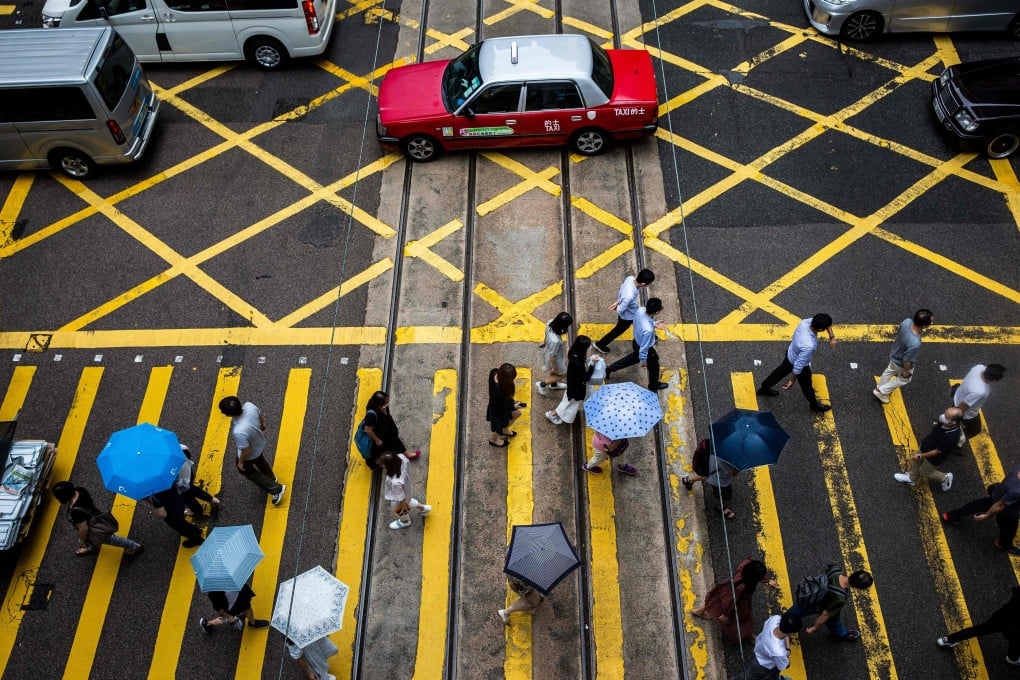Advertisement
Opinion | Hong Kong can break free from its zero-Covid corner. Here’s how
- The world is largely split between living with Covid-19 and the zero-tolerance approach, but a balance between saving lives and returning to normality is possible
- Here’s a five-step plan for what is needed. Hint: quarantine exemptions for celebrities aren’t a good idea, but shorter stints for vaccinated people are
Reading Time:5 minutes
Why you can trust SCMP
29

It is becoming increasingly clear that across the developed world, government responses to Covid-19 have split into two camps.
The first camp believes that coexisting with Covid-19 is both inevitable and acceptable. Governments that subscribe to this belief point to the scientific consensus that Covid-19 will become endemic, and conclude that seeking elimination is not only extremely costly but is also doomed to fail unless their societies wish to be hermetically sealed forever. That Covid-19 will become endemic also means that once vaccination has reached a certain threshold, say at least 70 per cent of the population, the authorities can take decisive steps to loosen restrictions on social activities and travel.
The second camp has a zero-tolerance view of Covid-19. Governments in the second camp point to the rising infections in countries like Israel and the United States as evidence that high levels of vaccination do not mark the end of the pandemic. They argue that the high transmissibility of the Delta variant, the risk of “breakthrough infections”, and the fact that vaccinated people can still transmit the virus justify the continuation of strict suppression measures, including periodic lockdowns whenever there are new infections and lengthy quarantines for travellers.
Advertisement
Hong Kong recently retreated from a short-lived experiment to use serology tests to reduce quarantines back to its defensive, zero-Covid posture. This is probably because it sees having zero cases as the only way to reopen the border with the mainland.
But as economists remind us, corner solutions are seldom efficient. As other global hubs such as Singapore return to normality and open up to international travel, Hong Kong must find a better balance between the two extremes of suppression and coexistence with Covid.

04:55
Hong Kong, Australia’s goal to eliminate Covid-19 ‘not sustainable’, says infectious disease expert
Hong Kong, Australia’s goal to eliminate Covid-19 ‘not sustainable’, says infectious disease expert
The right balance
Advertisement
Select Voice
Choose your listening speed
Get through articles 2x faster
1.25x
250 WPM
Slow
Average
Fast
1.25x
